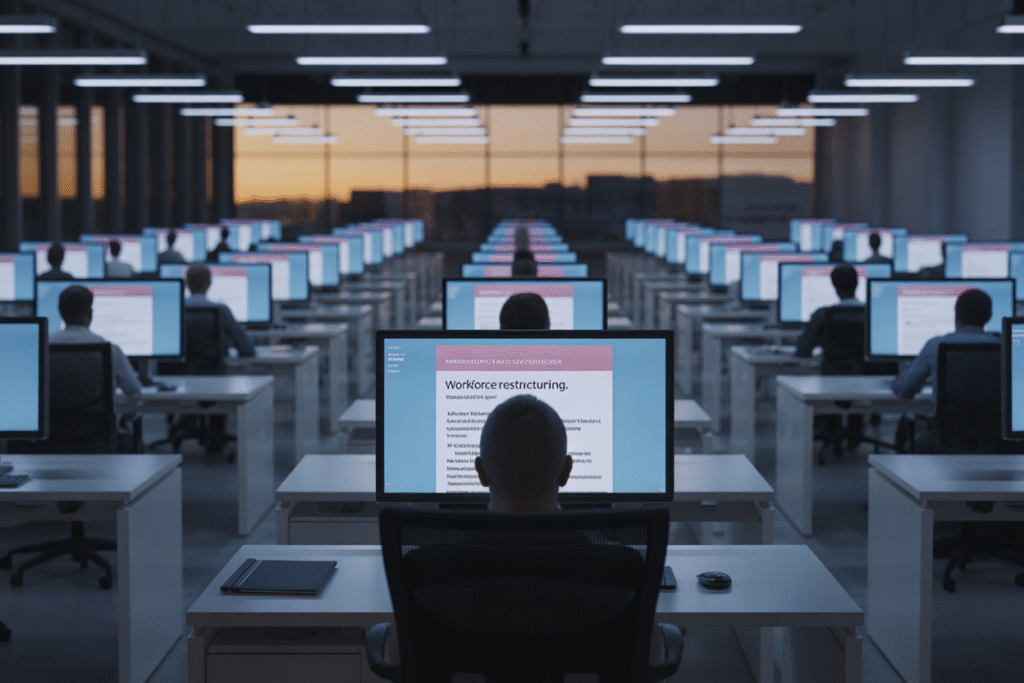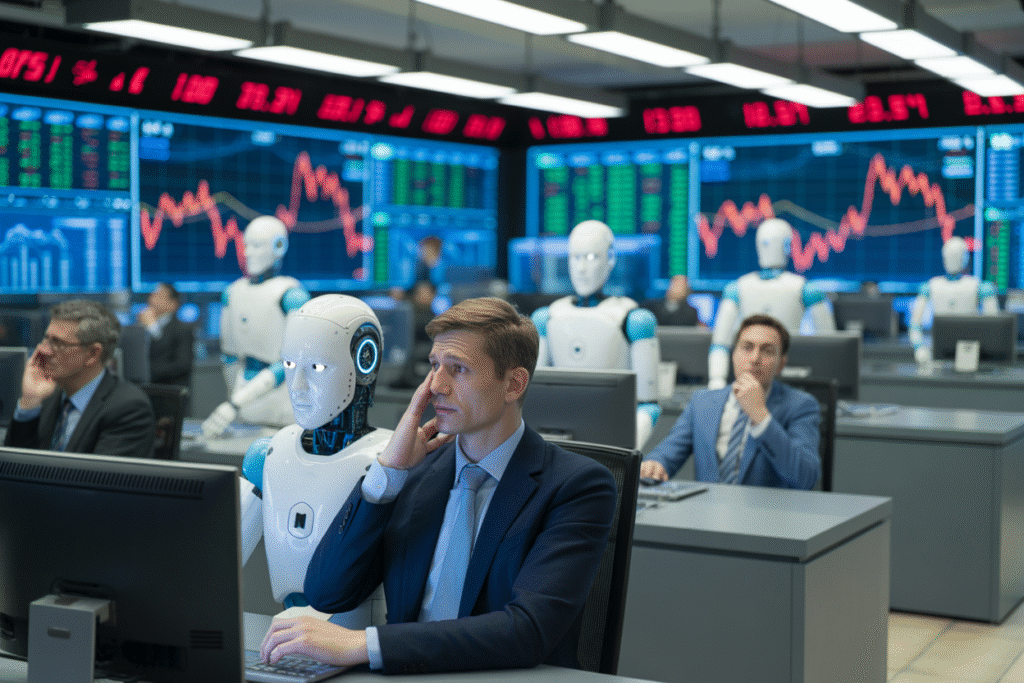OpenAI’s CEO drops a bombshell: entire professions could vanish. What happens next?
In a rare moment of unfiltered honesty, Sam Altman confessed that OpenAI’s latest breakthroughs are on course to erase whole swaths of human work. If the architect of the revolution is sounding the alarm, it’s time we listen.
The Bombshell Quote That Stopped the Timeline
Altman didn’t hedge. He said OpenAI is “on track to wipe out entire categories of human jobs.”
That line ricocheted across X, Slack channels, and boardrooms within minutes. It wasn’t buried in a white paper—it landed in a Futurism interview dropped at 9:47 a.m. UTC on August 26.
Writers, coders, customer-support reps, and junior analysts all saw their notifications light up with the same three-word summary: “We’re next.”
Which Jobs Are on the Chopping Block?
Altman’s warning isn’t theoretical. GPT-4-class agents already draft legal briefs, debug code, and churn out marketing copy faster than interns.
The first dominoes:
• Entry-level software QA testers
• Copywriters for SEO blogs and product pages
• Tier-1 customer support reps
• Junior data analysts who clean spreadsheets
Next in line:
• Paralegals who summarize case law
• Social-media managers who schedule posts
• Basic graphic designers who resize assets
Each task is repetitive, rules-based, and—crucially—cheaper when done by silicon that never sleeps.
The Ethics Firestorm Nobody Asked For
If the CEO of Exxon admitted oil might cook the planet, we’d call it a turning point. Altman’s admission carries the same weight for labor markets.
Critics pounced: Why release a tool you know will displace millions without a safety net? Supporters countered: Should we halt progress because change is uncomfortable?
The middle ground is messy. Some ethicists argue OpenAI should throttle rollout speed until retraining programs exist. Others say delay only hands the advantage to less scrupulous competitors in China.
Meanwhile, real people are already refreshing LinkedIn, wondering if their health insurance will outlast their job title.
What Happens to the Economy When 20% of Us Are ‘Nonessential’?
Dario Amodei, Altman’s rival at Anthropic, predicts U.S. unemployment could spike to 20% once AI hits full stride. That’s Great Depression territory.
Picture this: coffee shops staffed by robots, midtown offices leased to data centers instead of people, and a generation of college grads competing for gig work that AI hasn’t swallowed yet.
Tax revenues crater. Consumer spending follows. The safety net—already frayed—faces a stress test unlike anything since the 1930s.
UBI chatter moves from Twitter threads to congressional hearings. The question stops being “Can we afford universal basic income?” and becomes “Can we afford not to?”
Your Move: Upskill, Advocate, or Adapt
History doesn’t care if you’re scared. It rewards action.
Upskill: Learn prompt engineering, AI auditing, or human-AI collaboration skills that algorithms still suck at. Free courses from OpenAI and Coursera dropped last week.
Advocate: Push your employer for transparent AI roadmaps. Ask HR what retraining budget exists. If the answer is “none,” that’s data.
Adapt: Build a side hustle that leverages uniquely human traits—empathy, storytelling, on-the-fly creativity. AI can fake these, but authenticity scales slower than code.
The window is open, but it’s closing fast. Altman gave us the heads-up. What we do next is on us.


